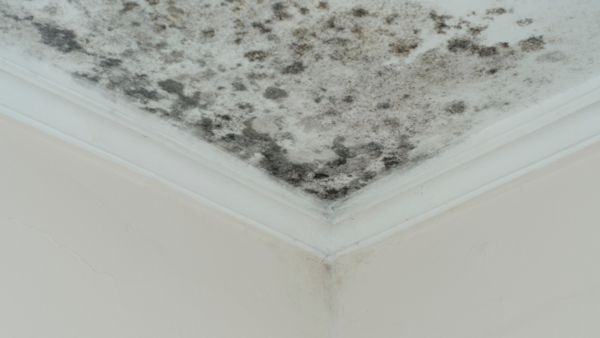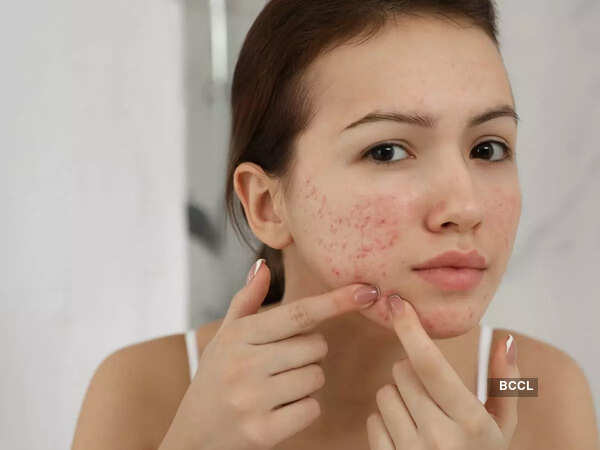Black mold is a sneaky and hidden threat that can lurk in homes, particularly in damp and poorly ventilated areas. While it may look harmless, exposure to black mold can lead to serious health issues, especially if left untreated. Here are some of the dangers of black mold and five warning signs that everyone should be aware of to protect their health and well-being.
What happens when we are exposed to black mold?
Black mold, scientifically known as Stachybotrys chartarum, thrives in moist environments like bathrooms, kitchens, and basements. When inhaled or touched, the mold can release tiny spores into the air, which can irritate our respiratory system and skin. For individuals sensitive to mold, these spores can trigger allergic reactions, worsen asthma symptoms, and even cause more serious long-term health issues.

Even if you don’t have a known mold allergy, prolonged exposure can lead to persistent symptoms that should not be ignored. Children, the elderly, and those with compromised immune systems are especially vulnerable to mold-related health issues.
Allergic reactions
One of the most common ways our body responds to black mold is through an allergic reaction. These symptoms can vary from mild to severe, and they often resemble a cold or flu. Common allergic reactions include:
– Sneezing
– Runny or stuffy nose
– Itchy throat
– Skin rashes or hives
If you notice these symptoms persisting or worsening, it’s essential to consider mold exposure as a potential cause. While allergic reactions can be uncomfortable, they can also signal that the body is fighting against something harmful.

Respiratory issues
Respiratory problems are another significant health risk associated with black mold. When mold spores are inhaled, they can irritate the lungs and airways, leading to various respiratory symptoms, such as:
– Persistent coughing
– Wheezing or shortness of breath
– Chest tightness
– Postnasal drip
For individuals who already suffer from asthma or other respiratory conditions, exposure to mold can worsen their symptoms and potentially trigger asthma attacks. If you start noticing a pattern of respiratory issues when spending time in certain areas of your home, mold could be the underlying cause.
Eye irritation
Your eyes can also be affected by mold exposure. Mold spores in the air can irritate the eyes, leading to symptoms such as:
– Itchy, watery, or red eyes
– Sensitivity to light
These symptoms might seem like an allergy flare-up or even conjunctivitis (pink eye), but if they occur in conjunction with other mold-related symptoms, it’s worth considering mold as the culprit.

Skin reactions
Skin exposure to black mold is another concern. Mold spores can make contact with your skin, leading to irritations or rashes. Common skin symptoms include:
– Itchy skin
– Red or inflamed areas
– Eczema-like conditions
These skin issues are often a result of an allergic reaction to mold spores. If you notice a sudden rash or skin irritation that doesn’t seem to go away, especially when you’re in certain damp or mold-prone areas, mold exposure could be the cause.
Other potential symptoms
In addition to the more obvious allergic reactions, black mold exposure can also lead to a range of other health issues. While less common, these symptoms are still important to recognise:
– Chronic headaches
– Fatigue or feeling unusually tired
– Sinus problems, including frequent sinus infections
These symptoms may appear gradually and can sometimes be overlooked as stress or other health conditions. However, if they are persistent and worsen over time, it’s important to rule out mold exposure as a possible factor.
It’s important to note that not everyone will experience the same symptoms when exposed to black mold. While some individuals may experience significant health issues, others might have minimal reactions.


